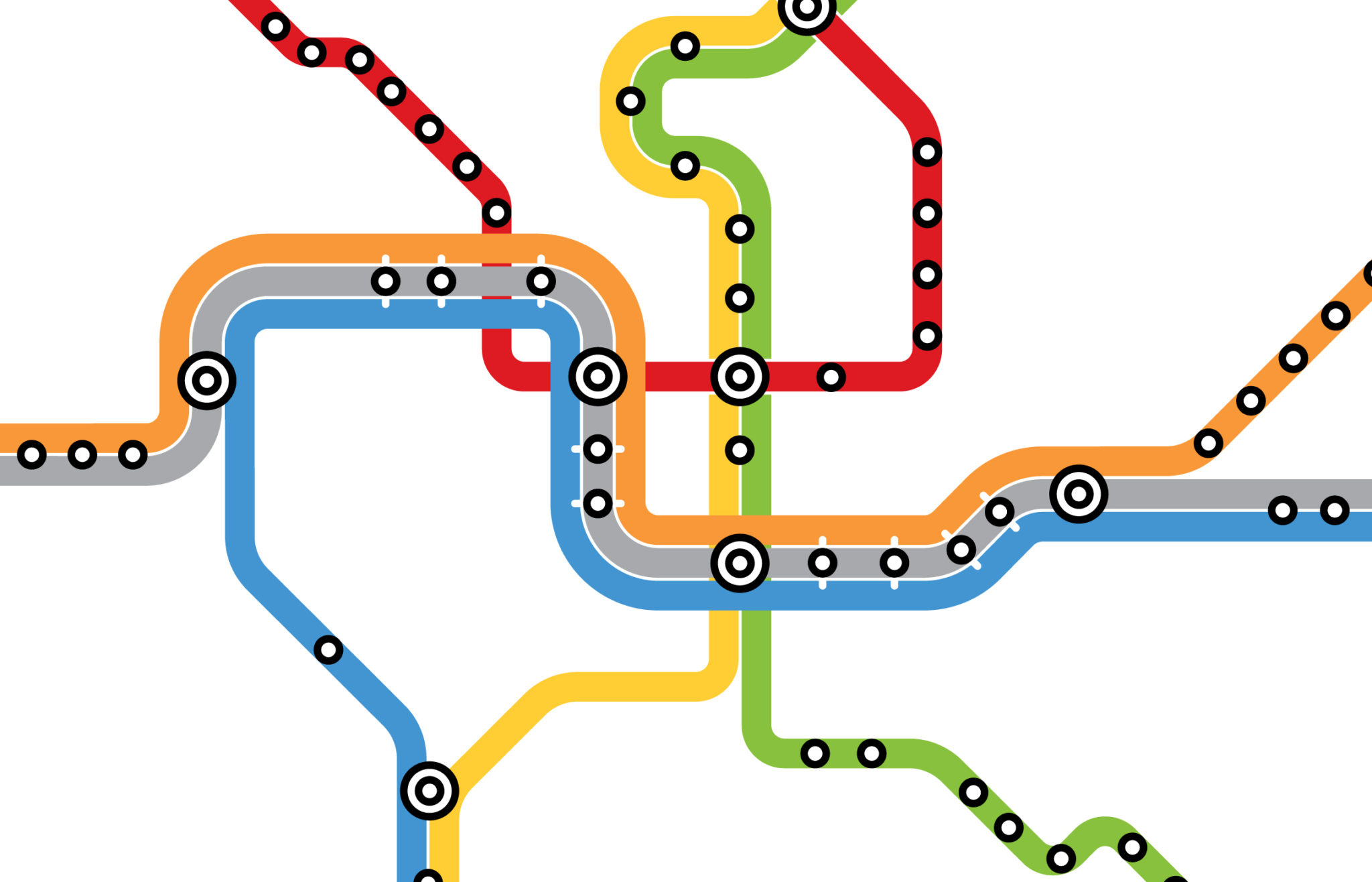First Take is a regular opinion column by D.C. Policy Center Senior Fellow David Brunori.
There are a lot of ideas being tossed around for raising money for the Washington Metropolitan Area Transit Authority. The revenue needs are large $25 billion in capital needs and a nearly $300 million operating shortfall. Indeed, they are so large that no one single source of money will solve the problem. Metro will need a dedicated source of tax revenue; I have opined on why a regional sales tax would work best. Metro will need to cut costs. And it will probably need to raise fares.
Some combination of regional taxes, budget cuts, and fare hikes will be necessary. But many politicians are reticent about raising taxes. Greater cost efficiencies are difficult in the current political climate. And, there is a serious danger in raising rates at a time when the market is so decidedly unhappy with the service. The prognosis is not good.
Some of the other revenue raising ideas suggested by various stakeholders are certainly worthwhile. For example, Metro is now considering selling naming rights to its stations. To be sure, there will be those who thinking naming stations after commercial enterprises to be reprehensible, crass, and tacky. Today, David Alpert at GGW published a really fun map, but ultimately making this point. Others will lament that the purity of public service would be diminished by such overt commercialization. One commentator called the idea “grubby.”
But governments sell naming rights all the time from stadiums to highways to parks. To be sure, we wouldn’t sell the naming rights to the U.S. Marine Corps or Arlington National Cemetery. But a train station? The vast majority of people will not care an iota. Some Metro board members fear rider push back. But if more revenue brings better service, there will be no push back from anyone. The bigger problem would be how to name the station without confusing riders. You couldn’t just start calling Farragut West, the PNC Station. But that is a signage and marketing problem, and one that smart people can overcome. Besides, Metro already sells advertising in the trains, on the buses, etc. There are 16 Fortune 500 companies headquartered in the Metro area. If Marriott or Hilton or Capital One would like to pay for a station, we should let them.
Another good, market-based idea is to open metro properties to food and drink vendors. Why not? Many cities have food and other retailers in their stations. Is DC above that? It shouldn’t be. Some folks would like to run farmers’ markets and other events in the Metro parking lots on weekends. Why not? If people are willing to pay to use underutilized Metro assets, there is no reason not to let them. To be sure there are legal and administrative hurdles to overcome. But those are table stakes.
Naming rights and other involvement by the private sector will not solve Metro’s financial problems. To be sure, the revenue implications of these proposals are small: a 2011 study found that station naming could bring $1 million to $2 million a year per each station offered for branding. But Metro and its board owe it to the region and its customers to take all reasonable measures to solve the crisis. Allowing the markets to help is a reasonable measure.
